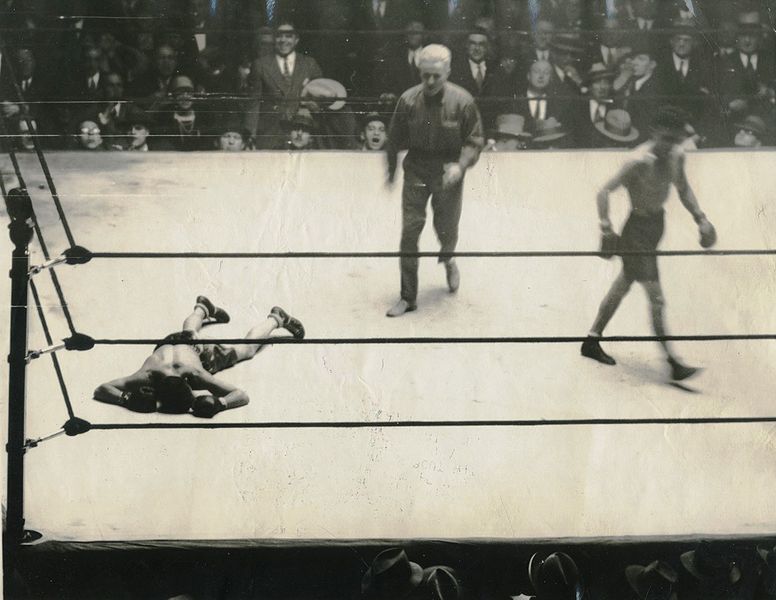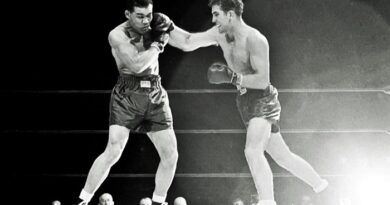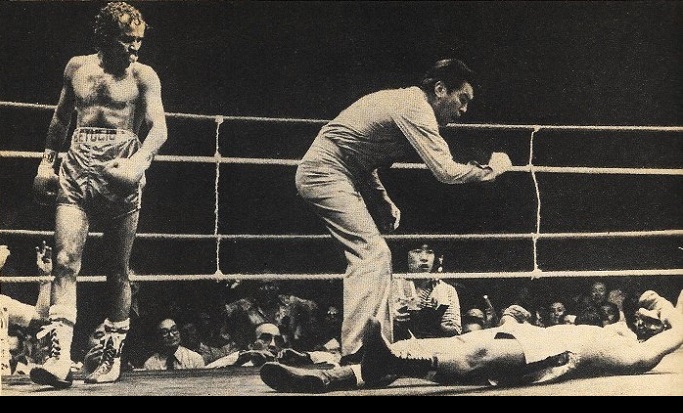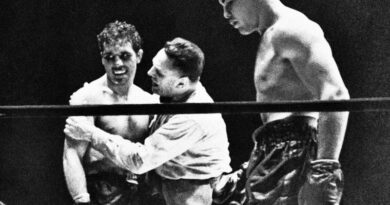Jan. 21, 1927: LaBarba vs Clark
Flyweight wasn’t much of a division until Jimmy Wilde came along. While not the first of the little champions, “The Ghost With the Hammer in His Hand” showed that even the pint-sized pugilists could carry a murderous punch and he reigned as flyweight’s best for the better part of a decade. Waiting in the wings was the man who would become the first Filipino world champion, indeed the country’s first fighting sensation, Francisco Guilledo, aka “Pancho Villa.”
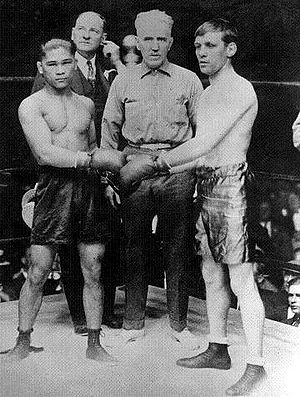
In 1922 International News Service editor Davis J. Walsh wrote, “[Villa] is yards faster than any fighter we have seen in an American ring in ten years, hits from any angle with rare accuracy and seems to pack a punch for a little man.” In 1923 Villa defeated an aging Wilde and turned the division upside down, but just two years later a surgery complication took Villa’s life and left the division with no ruler. Enter Fidel LaBarba, 1924 Olympic gold medalist.
In his first ten fights as a pro, LaBarba had faced future welterweight champion Jimmy McLarnin three times and Newsboy Brown once, failing to defeat either of them. But the experience he gained no doubt aided him in bout number eleven, when he captured the vacant world flyweight title by decision over Frankie Genaro, who himself had bested the late Villa three times. Though flyweight still wasn’t much of a glamour division and played second fiddle to the bigger men of the 1920s, it nonetheless produced a heap of drama during that decade, with LaBarba’s short, potent reign a major part of it.
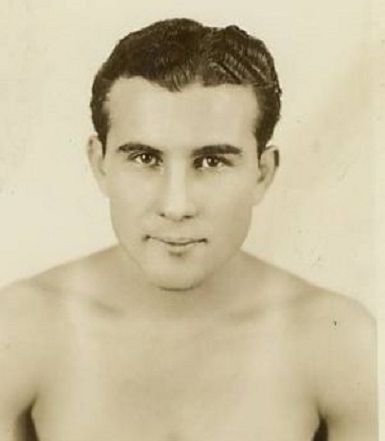
Fighting out of Los Angeles, LaBarba avoided defeat through 14 matches as champion, even if he couldn’t manage to best Brown, settling for a second draw with him in late 1926. Then came rumblings of another champion, a fighter from Scotland named William “Elky” Clark, who challenged the legitimacy of LaBarba’s crown.
Following some light verbal sparring through the press, Clark’s manager Charles J. Harvey got permission to ferry Clark from Scotland to America, but there remained two concerns. First, most of LaBarba’s bouts after winning the title were contested at catchweights and there was doubt he could make the flyweight limit. Plus, the New York State Athletic Commission was reluctant to sanction a LaBarba vs Clark fight without the latter first proving himself against lower-level American opposition.
By mid-November of 1926 at least one of the issues had been resolved as the president of the National Sporting Club of London, Peg Bettison, stepped forward to vouch for Clark’s abilities, allowing the NYSAC to sanction the match. Famed promoter Tex Rickard would promote the clash, while Madison Square Garden matchmaker Jess McMahon handled the finer details.
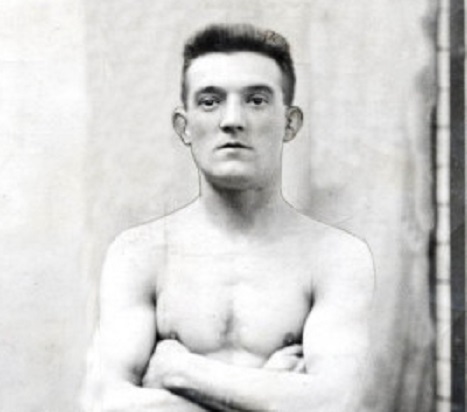
Any questions regarding the legitimacy of LaBarba’s claim to the world title figured to be confirmed one way or the other with this eagerly anticipated international clash. As Walsh wrote in mid-December: “It may be that the meeting of Clark and LaBarba will reclaim some of the stark internationalism that made the matches between George McGovern and Pedlar Palmer, Jem Driscoll and Abe Attell, what they were. That sort of thing, reenacted, would do boxing no harm.”
Adding an extra dose of history was a pre-fight report from the Associated Press stating Clark would be the first boxer to use the new transatlantic phone system, as he had scheduled a call to The London Times to give his description of the fight the following morning.
The Garden, jammed with 16,000 people, watched as Newsboy Brown earned a decision over Frankie Genaro in the 10-round co-feature, then waited with surprising anticipation for a bout between two men who weren’t even close to being local. Excitement was for naught however, as LaBarba handed Clark a decisive beating through 12 rounds. What might have been a hard-fought battle to decide a global, undisputed flyweight champion wound up instead marking a violent end to Clark’s career.
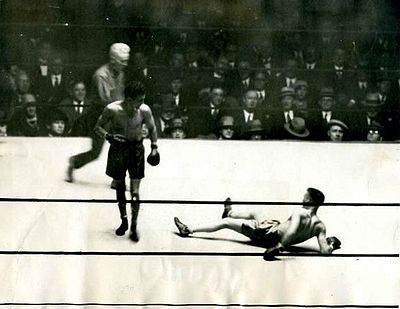
Right hands dropped Clark once in the first round and thrice in the third, while a left to the body decked him in the eighth. An AP report read, “Only his gameness and defensive instinct saved the stoop-shouldered wobbling little invader from a knockout in the face of a steady hail of hooks, jabs and uppercuts that came from all directions.” Editor Walsh remarked, “I doubt if the Britisher landed more than one clean punch per round while the left handing he took was a crime.”
For more years than not, the lineage of the flyweight class has been murky, but in the year after its formal inception the division offered constant action and change. Following LaBarba vs Clark, boxing went on without both fighters, as it would have done anyway; LaBarba vacated the title that fall to attend Stanford University, while the loss aggravated a lingering eye injury for Clark, making it his last fight. Clark’s wife didn’t fret though, saying she would be happy to see Elky return to his former vocation as a riveter and to play the accordion again, as he had in times past. — Patrick Connor

